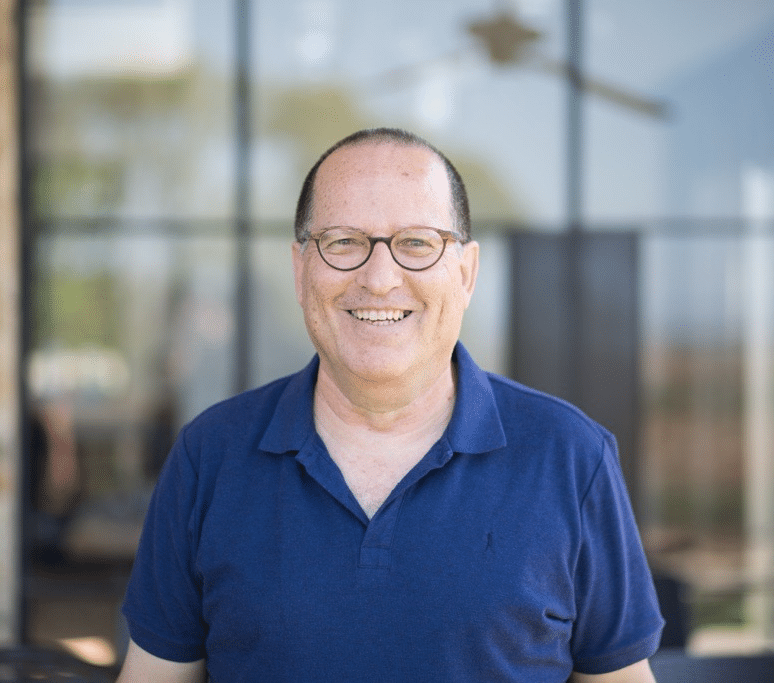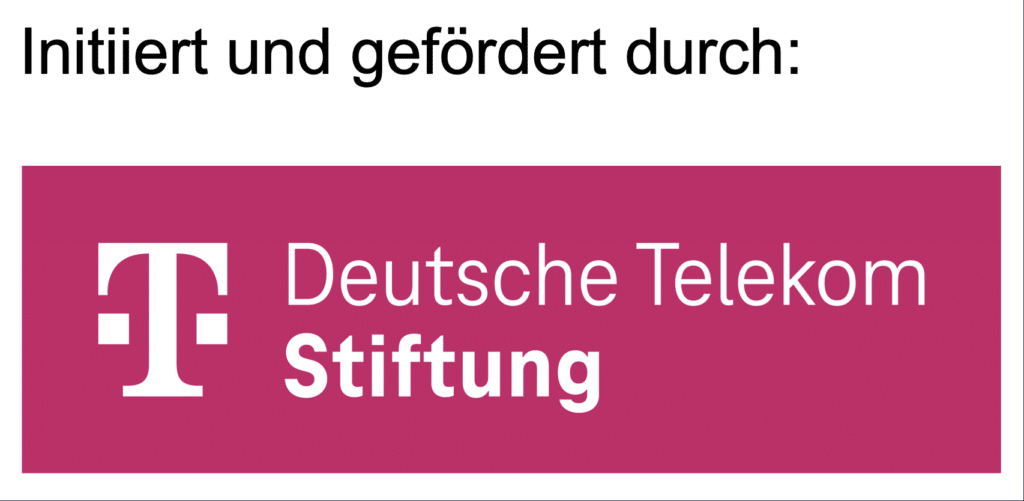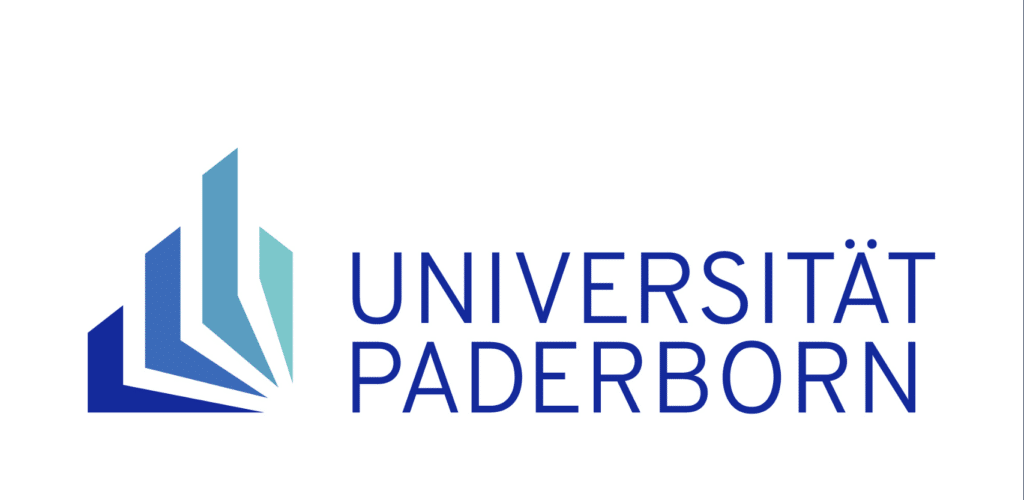Abstract
The United Nation’s fourth sustainable development goal calls for inclusive and equitable quality education for all. This includes broad educational goals such as supporting students’ agency to navigate a complex and uncertain world with broad sets of knowledge, skills, attitudes, and values.
Based on our work at the Taking Citizen Science to School (TCSS) research center, we find an opportunity to achieve such goals in school participation in a social phenomenon, known as citizen science, where scientists partner with the public to advance scientific research. Specifically, as citizen science often involves exploration of large and messy sets of data, school-based citizen science is a highly fertile ground for nurturing both scientific and data literacies among students.
For instance, in the TCSS Radon project, implemented in dozens of school in Israel, students learned from scientists about Radon and some unsolved scientific issues regarding its nature and measurement. They collected data by measuring Radon levels in their homes, analyzed a collective dataset from all schools, made informal inferences, and communicated them to their community and to the scientists. Their learning was scaffolded by a sequence of learning activities co-designed by the TCSS community and unique technology-enhanced tools to support data analysis and modeling. Findings indicate mutual benefits for students and scientists. Students developed competences for making sense of large and messy datasets, and for making informed informal inferences based on their explorations. The scientists, based on the data collected by students, developed a technique for identifying buildings with high Radon concentrations.
Bio Dani Ben-Zvi

Dani Ben-Zvi is a professor in statistics education and educational technologies in the Faculty of Education at the University of Haifa, Israel.
He is the head of the Department of Learning and Instructional Sciences. His research interests draw upon two central aspects of human life: Statistical thinking and technology. He is the co-founder and a co-chair of the International Collaboration for Research on Statistical Reasoning, Thinking, and Literacy, a leading research group in the area of statistics education. He is the President-Elect of the International Association for Statistical Education.



